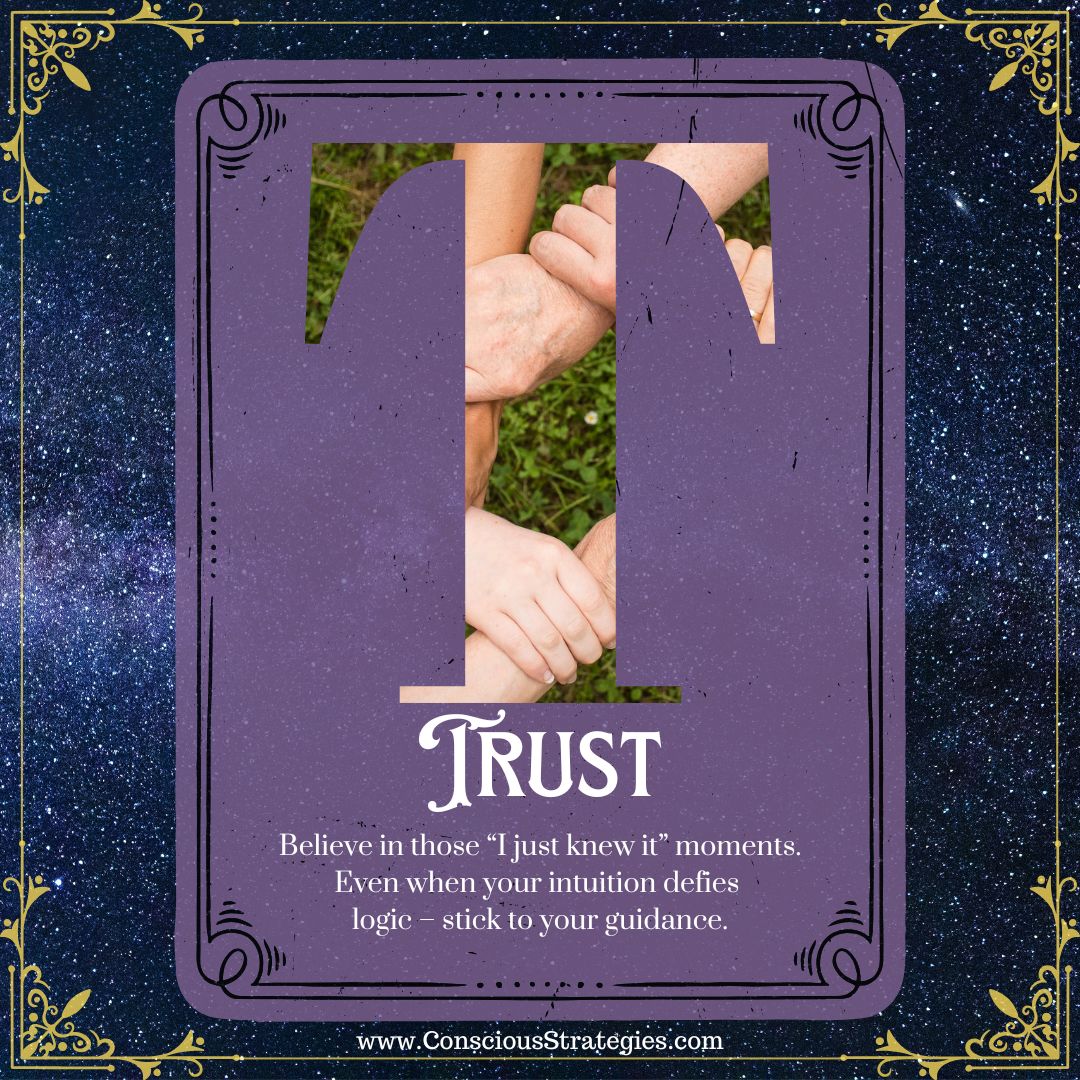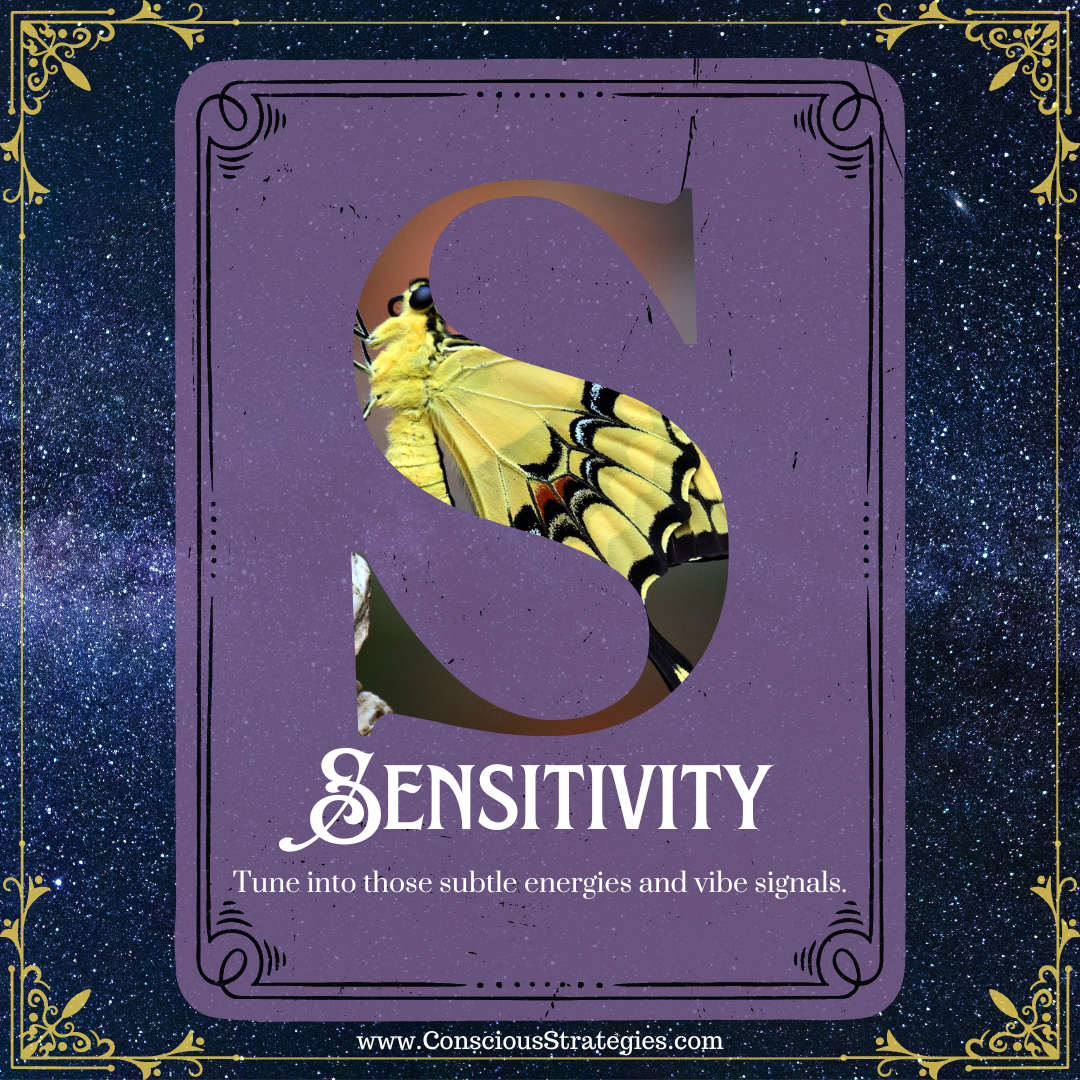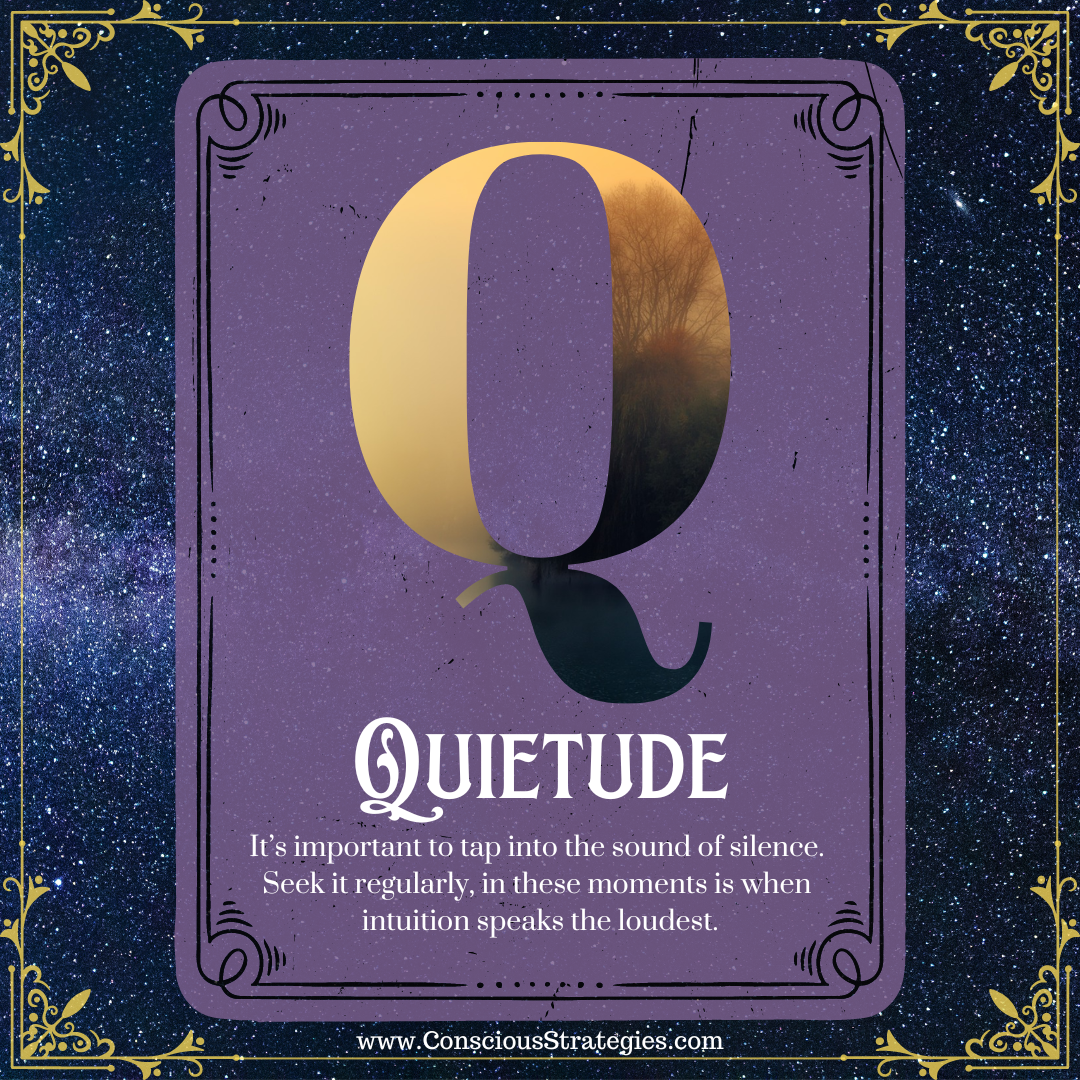What do you want to be when you grow-up? To some, this is quite the daunting question. Think about it…whatever you select, not only does it need to generate enough income to cover the bills, but it’s something you would love to do everyday. And these days, when we read statistics with unemployment rates growing and up to 70% of college grads switching career choices (irrelevant to degree) within first 5 to 7 years, it’s more important than ever before to discover your passion and plan the path to achieve them. Why waste any portion of your precious life doing something you don’t like? It’s sad, but way too often I come across clients who have worked in the same career and company for 20+ years, only to be unfulfilled and in some instances laid off. They are left dazed and stuck in a standstill. Likewise, there are those who graduate college (and have the student loans to prove it) and shortly after realize that they’ve entered the wrong field. In the bottom of your hearts and back of your minds, you know there’s a desire to pursue careers that inspire you and give you a reason to jump out of bed in the morning. But, many don’t…why? A main reason is fear…the fear of insufficient income…fear of not knowing where to start… fear of lack of support…etc. Regardless of type of fear, it has to be understood that part of living a fulfilled and satisfied life is enjoying what you do. So, this takes us back to the question: what do you want to be when you grow-up? Try these steps to guide you to your answer:
Step 1) Know yourself
Knowing yourself requires identifying your passions, interests, and values. If you wouldn’t face any obstacles or limitations, who would you be and what would you do? Discovering the answer can come from examining what things excite you…what things you dream of…perhaps epiphanies (the sudden realization of the big picture)…maybe life changes (i.e. birth, death, marriage, or divorce)…or possibly finding messages within experiences…and/or simply from your intuition. Via recognizing the cues though and sensing your passions, soon enough, you’ll identify who you are.
Step 2) Identify your skills and abilities
Everyone is good at something; so identify what you’re good at, talented in, and possess the skills and abilities.
Step 3) Align your skills and passions
You can hold a career that you have great skills in, yet no passion for, thus creating unhappiness. Likewise, you can hold a career with much passion, but lack of skills, thus also creating unhappiness. As such, you need to combine what you’re good at with what you’re passionate about to create greatest success.
Step 4) Research
You may have a list of possible goals to pursue (those that combine your passions and skills), but now you’ll have to narrow them down and confirm the selections. Research your choices. Research the industry via web, text, networking, informational interviews, etc…all to gain additional information and perspectives to confirm if these are goals you would like to pursue.
Step 5) Goal Setting
Write down what specific goals you want to achieve. When setting a goal, you can use such guidelines as SMART (assuring the goal is Specific, Measureable, Attainable, Rewarding, and Timely).
Step 6) Draw out the path
In step 5, you identified the end results, now plan how you’re going to get there. What are the necessary steps?
Remember, life is precious so why waste time doing what you don’t enjoy? So why not live with great passion, happiness, and fulfillment? Achieving such results is not impossible, but it does require sitting back, discovering, and planning. Yet, if it seems a bit challenging or overwhelming, there are many resources available…one of which is a career coach. A career coach can help identify each of the above steps and plan out and motivate you to achieve a career and more importantly a life that provides great satisfaction. Are they necessary…no…but are highly recommended. They can definitely be helpful, with their experience, new perspectives, empowering skills, and advice.





